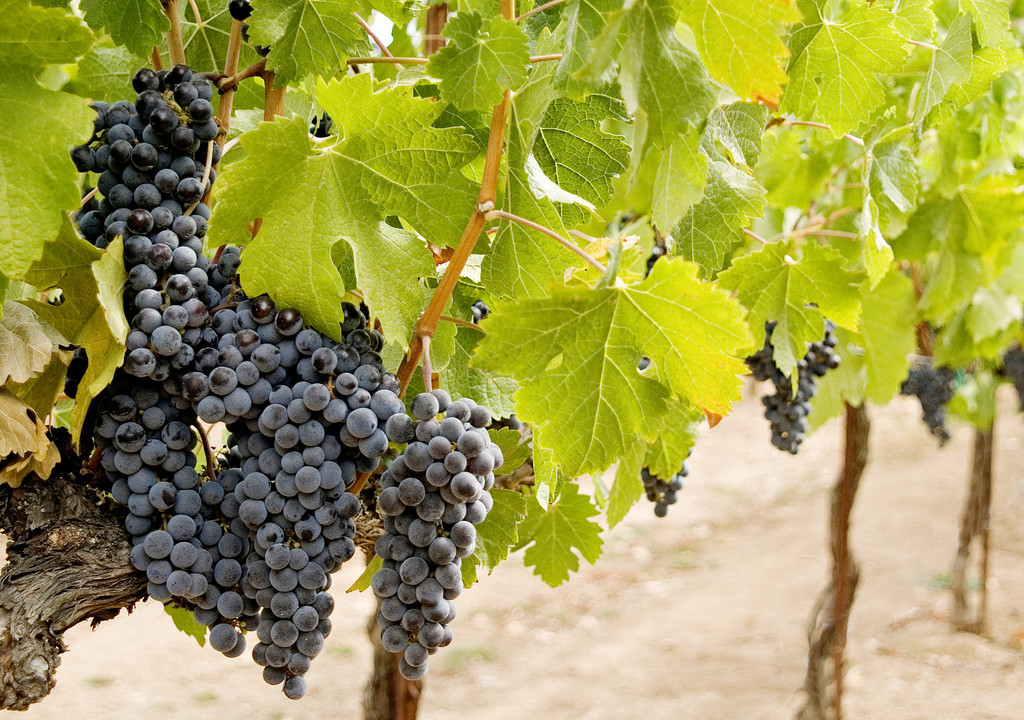
(Photo: IC)
Villagers in Ji'an county in East China's Jiangxi province have named pomelos, grapes, chicken pens and opportunities of working in an industrial park their "treasure bowls", thanks to a local innovative model of poverty alleviation.
The model, tailor-made to the strength of each village and proposed by the local government, allows each household in the county to pick either growing one mu (0.067 hectare) of pomelos or one mu of grapes, or owning at least one chicken pen or having at least one laborer working in an industrial park.
It has proved "solid, practical and duplicable" according to the head of the county Xie Fangyun, who added that it successfully helped scrap Ji'an off the list of impoverished counties in November 2011.
"To be honest, we had been through some really grave poverty," he said. "It was all explored step by step. We had no clue at first and felt the pressure."
Grapes are a crop that is easy to grow and can cope with the hilly landscape of the county, in addition to the plain areas used for rice.
Xiao Yuanchu, a 58-year-old villager from Hengjiang town, lives with his 82-year-old mother. His household was identified as impoverished in 2014 and lifted out of poverty in 2016 thanks to planting grapes.
"I saw everyone doing it, so I thought I should do it too," he said. "Our village Party secretary also said he could offer help."
Xiao now owns three mu of grapes, with each mu generating profits of about 8,000 yuan ($1,132) a year.
"Villagers love to grow grapes," said Xiao Sujuan, a town cadre. "The techniques are simple to learn, the cost is low, and they can have free time nearly half a year after the harvest to do some other work."
Jiangnan village in the county's Yongyang town is expecting a promising harvest of pomelos, at least 250,000 kilograms, in the upcoming months. It is one of the main pomelo growing areas in Ji'an and has six major plantation bases and a big sorting center.
Villager Huang Quanlong's family was one of the poverty-stricken households before 2016. Huang, 58, had lived with his wife and only daughter, who was disabled, and he had to shoulder the entire financial burden.
He said now with the plantation base in place, he got to earn an extra 70 yuan per day by working in the orchard, which helped add around 10,000 yuan of income per year besides his original work of mud crafting. His son-in-law, whom his daughter married in 2016, also brought another tens of thousands of yuan to the family.
Peng Enquan, Party secretary of the town, said the village used to have vast dryland and wasteland as many young adults left and sought employment in other cities or provinces. "So the village cadres had been thinking how to use the land properly to form an industry to gain wealth," he said.
Pomelos had always been a major local crop well-suited to the local climate. However, rural residents didn't take advantage of it or have proper guidance to make it an intensive industry. In 2014 after learning about the experiences of nearby provinces, the village cadres decided to set up pomelo bases and let each family buy shares.
According to Hu Qianyuan, the village's Party secretary, from 2016 to 2018, the plantation area increased from about 800 mu to 1,100 mu, raising production from no more than 50,000 kilograms to nearly 300,000.
Last year they signed a contract with Vanguard, one of the biggest supermarket chains in China, as their distributer, and they are also cooperating with the China Foundation for Poverty Alleviation for branding and making products more in scale.
Huang said he is confident that the yield will bring more wealth to his family. When this year's production brings profits, he will earn dividends of another 5,000 yuan.
"I'm now considering purchasing a car," he said.


